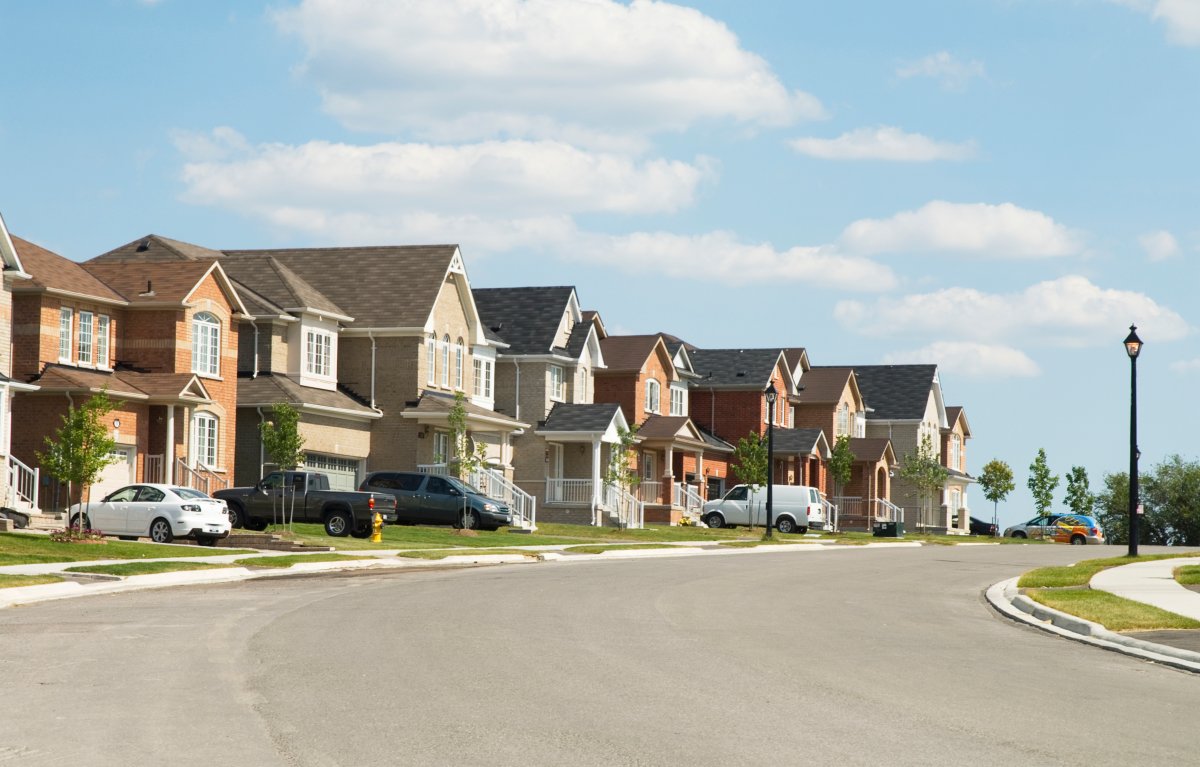Your bags are packed and you’re ready to hit the road. But have you made sure that everything in your home is in order so that you can enjoy a stress- (and break-in) free absence?

“People spend a lot of time planning their vacation, but they don’t plan as much around their house,” says Steve Kee, spokesperson for the Insurance Bureau of Canada. “When you’re rushing to get out the door, you’re bound to forget to do things around the house.”
WATCH BELOW: Best home security cameras

It sounds elementary, but creating a checklist of everything that needs to be done around the house will help you to organize your tasks and prevent you from forgetting anything. For added protection, tack the list near your front door so that you can double-check it quickly before you leave.
To help you prep your home for your next vacation, the experts have offered the following tips to prevent inadvertently alerting possible intruders to your absence and disrupting your stress-free holiday.
#1 Contact your home insurance broker
Just as you might call the bank to let them know that you’ll be travelling and not to be too suspicious about foreign charges, you should get in touch with your insurance broker to let them know that your house will be vacant.
“Many insurance policies have clauses that will void coverage if your property is left unoccupied and unattended for extended periods of time,” says Evan Rachkovsky, director of research and communications at the Canadian Snowbird Association.
- Canada’s income gap is growing. Will Budget 2024 help affordability?
- Gas prices in Ontario, Quebec to jump to highest level in 2 years: analyst
- Shoppers faces proposed class action over claims company is ‘abusive’ to pharmacists
- What’s going on with the Cybertruck? Tesla seems to have halted deliveries
Not all insurance policies are the same, and you want to make sure you’ll be covered in case of any mishaps.
#2 Have someone check the place out every few days
This could also link back to your policy.
“Some policies actually state that someone needs to check the premises at least once a week in your absence,” Kee says.
READ MORE: 12 items you didn’t know you could carry onto a plane in Canada
Have this person look for water leaks in the basement or ceilings. Even though the main concern is in the winter months, when pipes could burst due to plummeting temperatures, leaks or flooding could just as easily happen in the summer.
#3 Give your house a lived-in look
Put a hold on your newspaper delivery, and have friend or neighbour come by every day to collect mail or promotional flyers. Set indoor lights on timers so that they switch on randomly indicating there’s someone moving around in the house, and install motion detecting lights outside to deter intruders.
“Change your light bulbs inside your home so that they don’t burn out while you’re gone,” Rachkovsky says. “Whether your lights are on timers or someone is house sitting for you, you don’t want any lights dying.”
#4 Take out the trash (and take it in)
No one wants to come home to garbage that’s been sitting around for over a week, so make sure to empty all trash, recycling and compost bins inside before you leave.
“Ask someone to take the trash to the curb on collection day and be sure that they come back to put the bins away,” Kee says. “All you have to do is drive down a street a see one house with an empty bin in the driveway to know that those people are very likely out of town.”
#5 Set your thermostat to a money-saving temperature
You don’t want to unnecessarily cool your house when there’s no one home, but you don’t want it to overheat, either.
To be safe, set it four degrees above the temperature you’d normally keep your home. This will save on your energy bill and avoid mould or mildew build-up.
#6 Unplug all non-essential appliances
“This will help you save on energy and protect from power surges,” Kee says.
READ MORE: How taking a vacation can save your life
Appliances that can be unplugged in your absence include televisions, stereo equipment, computer chargers, coffee makers and any lamps that aren’t on a timer.
#7 Leave a car in the driveway
If you normally have a car parked in your driveway, make sure there’s one there while you’re gone. You can ask a neighbour or a family member to park their car at your house. Conversely, if you’re going away in the winter and leaving your car in the driveway, ask someone to clear off any snow or it will be a sure sign that no one is home.
#8 Store valuables in a safe deposit box
Sure, your insurance policy covers the contents of your home, but you can’t replace something with sentimental value. To be sure that valuables like jewelry or important documents don’t go missing, store them in a safe deposit box.




Comments